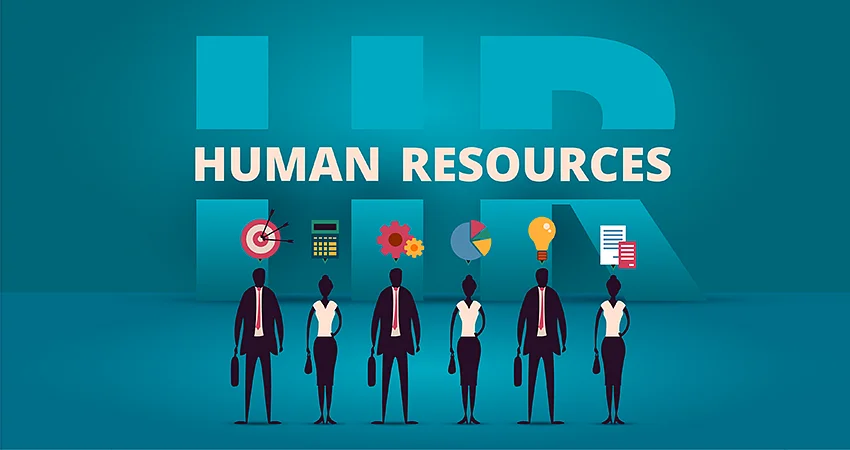Career Development
Why HR profession is not for everyone
“Human Resources (HR) Management is an easy job.” “I have studied HR for one semester in my bachelor or master’s programme so I think I can handle HR job.” “I think HR only does administrative work, so anyone can do HR’s jobs.”
Unionization and HR challenges in the Nepali hospitality industry
In 2013, I was working as a HR Manager in one of the reputed hotels of Kathmandu. One of my main job objectives and responsibility was to find the right candidate for the organization. Normally, there would be a five-step process, for hiring a new candidate.
Training and Development in Nepal
People are the most important assets in any organization. Thus, taking care of the people working in the organization is taking care of the organization itself. It is no rocket science that enhancing the competency level of employees will enhance the organization’s performance. Therefore, the importance of trainings and skill development for employees in an organization is of unspoken primary need. The objective of a training is to support employees to bridge the gap between their expected and actual performance levels. It is best if it can be included in the Performance Management process of an employee to ensure a meaningful development of the employee resulting in the obvious.
What more can organizations do to excel?
I always had the passion to work as a HR professional as I liked dealing with people and solving their issues which made me start my career in the area of HR. Unlike what was studied, the practices in the field of Human Resources majorly confined to administrative jobs even in a well-structured industry. It was not considered as a business function. Bringing about a paradigm shift in the thinking of top-level management that HR is a strategic function was a challenge. The only thing I lacked at that time was lack of business experience, in the absence of which visualizing what is needed and aligning my strategies with that of the organization was difficult.
What happens in an interview room?
“Good morning, I am from ……company. We have received your application. You have been shortlisted for preliminary interview. Please come at ………… on …………”.
Categories
Archive Post










